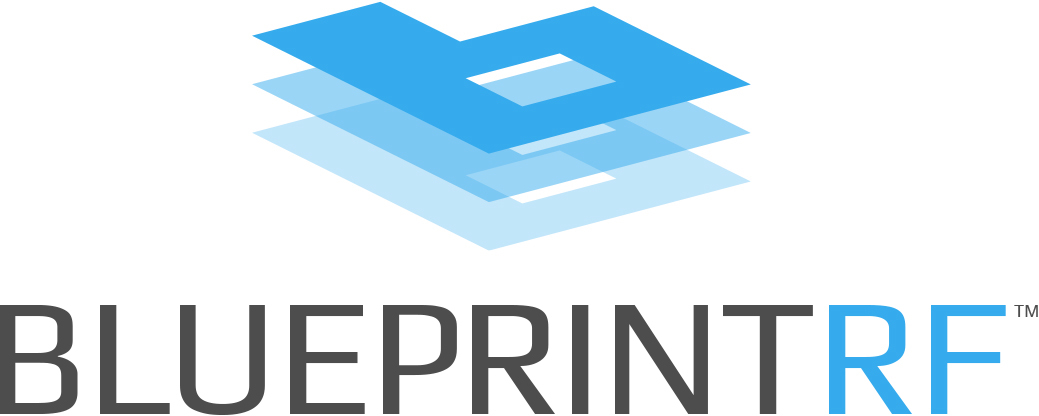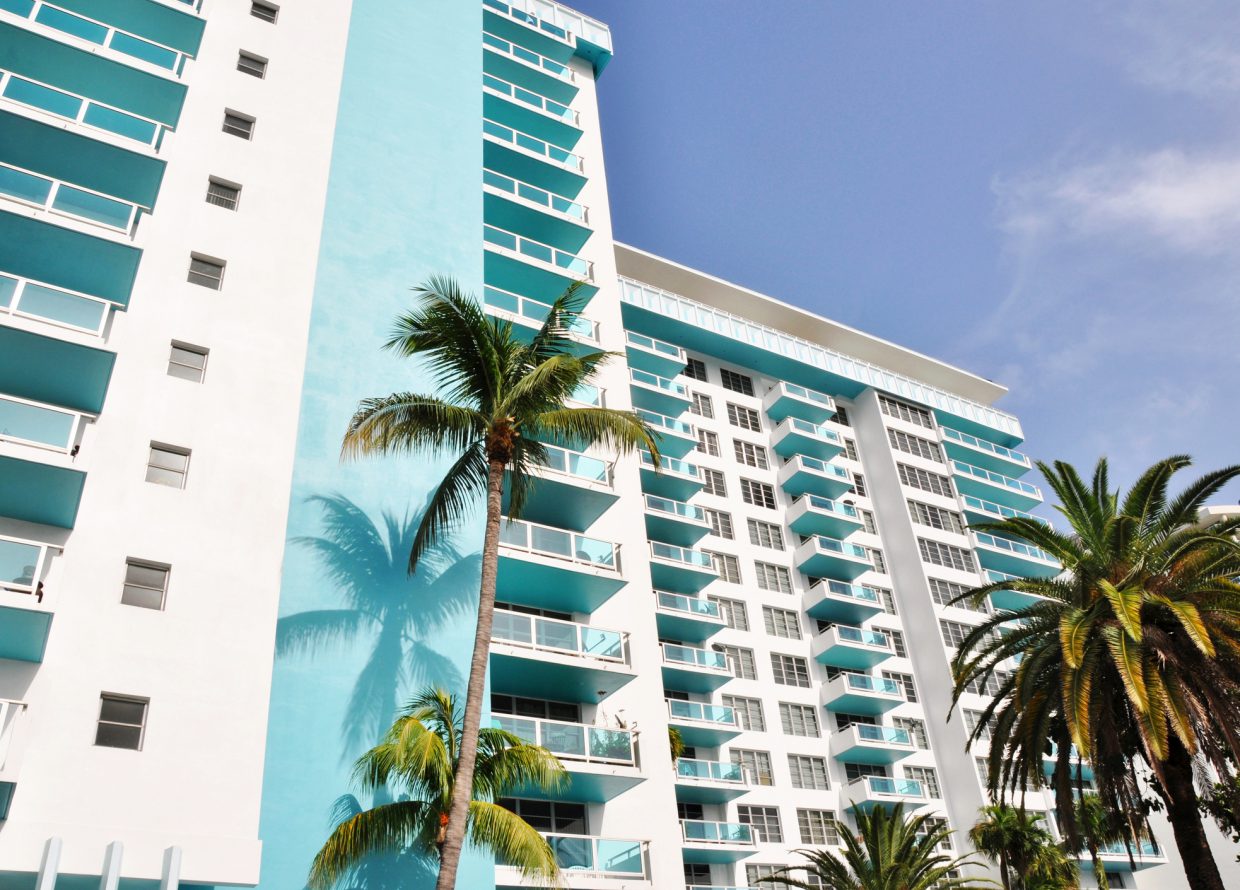Starting your own hotel extends well beyond offering a place for people to sleep. Successful hotel businesses center on providing an exceptional experience that exceeds guests’ expectations, whether they’re vacationing tourists or business travelers.
Like any hospitality business, entrepreneurs must exercise a sense of empathy and know their target customers’ needs. The type of guests who seek a quaint and cozy stay with personalized attention and neighboring attractions will be vastly different from those who prioritize high-speed Internet connectivity, coffee, and peace of mind.
Your hotel’s reputation (and ultimately its success) hinges on the satisfaction of those who stay there. The unfortunate truth is that an unhappy guest will likely be more vocal about a negative experience than a positive one. To set course on the right path to starting a hotel business, below we share valuable insights to help you understand the big-picture cost and considerations to keep top of mind.
How Much Does it Cost to Start a Hotel?
As one can imagine, the cost of starting a hotel business varies across many factors, such as location, size, and overall quality. Not only will the number of rooms, meeting spaces, restaurants, amenities, etc., all have a significant impact on the overall cost, but a hotel in central Manhattan will likely cost substantially more than a rural getaway in North Carolina.
Despite the variability in hotel startup costs, a couple of industry benchmarks can be useful metrics in weighing the investment. According to Fixr, the national average ranges between $13 million to $32 million, with most hotel entrepreneurs investing approximately $22 million for a 3-star hotel with 100 rooms.
At the low end of the spectrum, it is possible to build a 2-story motel for $7-8 million, while at the high end, while the cost of a luxury 5-star hotel can exceed $60 million.
Another way to assess cost is by looking at the cost ‘per key’ or per room. Based on the 2020 Hotel Development Cost Survey by HVS, the average cost per hotel room in 2019 was categorized based on three primary tiers:
- $95,000 per room for budget and economy hotels
- $130,000 per room for midscale, limited-service extended-stay hotels
- $184,000 per room for upscale, extended-stay hotels
In addition to building and construction, other cost considerations include FF&E or Furniture, Fixtures & Equipment; soft costs associated with insurance, architects, designers, lawyers, permits, and taxes; and working capital for hiring staff and paying salaries.
Steps to Starting Your Own Hotel Business
While most hospitality entrepreneurs have a clear vision of their future venture, many steps in the startup process remain consistent, especially when undertaking a significant project like a new hotel business.
Establish a Hotel Business Plan
Like any business, a hotel needs to have a detailed plan to succeed. Here are some of the fundamental components to include in a hotel business plan:
- Executive Summary – Typically comprised of two main parts: the hotel’s mission statement and its primary objectives. Keep the executive summary concise and clear.
- Company Analysis – Think of this section as a hotel’s concept and what makes it unique. This analysis is usually a deeper dive into the company’s brand, perception, and internal workings.
- Industry Analysis – Not only does this portion outline trends and developments surrounding the industry, but in many cases, you want to educate investors about the target market(s) you plan to operate in.
- Customer Analysis – This part focuses on determining your target customers, ranging from demographics and geographics to socio-economic and psycho-graphics. This can include behavioral segmentation, which is an exercise of personifying the type of guests that you envision booking a stay at your hotel.
- Competitive Analysis – Evaluating the local and regional competition is critical to any hospitality business model. Use a simple SWOT analysis to determine your strengths, weaknesses, opportunities, and threats, and weigh these findings against your competition.
- Strategic Plan – This involves planning three key areas: marketing, distribution, and revenue management.
- Operations Plan – This includes a deep dive into all the details involved in running the hotel operations efficiently, including different levels of staff and management teams, developing operating processes and service standards, supplier relations, and inventory management.
- Financial Plan – Projecting how much money will be needed to fulfill specific needs is vital to a hotel’s startup success. This plan typically starts with investment capital as well as operational expenses and ongoing business costs.
In most cases of starting a hotel, entrepreneurs must accommodate the needs and expectations of investors. Establishing milestones is a way of setting goals, such as acquiring permits, construction completing, hotel launch, and specific break-even points. Achieving milestones helps mitigate the level of risk for investors and lenders and shapes the overall success of the business.
Determine the Hotel’s Identity
Choosing the identity and style of your hotel will influence many business decisions. Keep in mind that transitioning or reshaping a hotel’s identity is extremely difficult, so invest a great deal of research and planning during this process.
While many specific aspects shape a hotel identity, common categories include smaller boutique hotels, budget/economy hotels, family hotels with larger rooms and more amenities, and luxury hotels. This foundation will ultimately dictate room rates, marketing and branding initiatives, and even pre-construction decisions like location selection and investor relations.
Form Your Business Status
Forming a business entity, such as an LLC, is a fundamental way to protect yourself as a hotel entrepreneur. When you establish your hotel’s business entity, you protect your individual or personal assets from that of your business obligations.
Choose to Build or Buy
There are advantages and disadvantages to both sides of hotel entrepreneurship. Buying an existing hotel business is an option for those who have opportunities available or are looking to save some money.
Depending on the quality, an existing hotel can be purchased for as little as a few million dollars. However, It’s important to keep in mind that a used hotel will likely need updating and renovations, which means additional costs.
Conversely, building a new hotel allows a high level of customization, such as choosing the building materials and design standards that will work best for your hotel. However, building a new hotel can cost well over $20 million for a 3-star hotel.
Obtain Permits and Licenses
There’s always a significant amount of red tape that needs overcoming when starting any business. Especially when building a new hotel, different types of permits and licenses are required. These are dependent based on the local government of where your hotel is located.
Secure Funding
With a well-thought-out hotel business plan and marketing strategy, securing the necessary funding needed to start your hotel is much easier. A business loan is a common starting place to jump-start your financing. There will be many factors that the bank will consider, so if you’re unsure of your qualifications, it’s advised to seek professional guidance in acquiring the best form of funding via lenders.
While loans are one way of acquiring funding, it’s also worth considering other avenues like venture capitalists and angel investors. There is no shortage of investors seeking big opportunities to put their money in great ideas with high-return potential.
Staff Your Hotel
Running a successful hotel business takes a team of employees to manage day-to-day operations. In addition to establishing a management team, you’ll need a staff to handle all aspects like front desk and concierge, cleaning rooms, room service, food and beverage, and marketing.
Staffing and employee retention in hospitality is incredibly challenging. Recruit employees that exemplify the traits and qualities that are most important to your hotel and its identity. Your staff will be the customer-facing image of your brand, and they must represent the company in a way that you believe is best.
Develop a Hotel Marketing Plan
As part of your greater hotel business plan, you should include a detailed marketing plan to promote the business. This plan will outline the various channels and strategies that will be leveraged to build awareness and encourage bookings.
Some of the most effective marketing channels for hotels include:
- Social media marketing
- Search engine marketing
- Blogging and content marketing
- Video marketing
- Influencer marketing
- Online booking and hotel review websites
- Print media and traditional advertising
- Partnerships and collaboration marketing
Be creative with your management team and key investors, and brainstorm how you can improve your hotel’s visibility. If you’re struggling with marketing, there are many specialized agencies and consultants who have experience and resources supporting hospitality businesses.
Launch Your Hotel
One of the most significant milestones in any hotel business startup is opening day. It’s the culmination of all of the hard work, preparation, and persistence you’ve invested in your venture.
Running a successful hotel is not an easy endeavor. But if you’re well prepared for the challenges and decisions that lie ahead, you’ll be well on your way to creating a thriving business.
This post is part of BlueprintRF’s entrepreneur series, a collection of articles intended to equip business owners and executives with the tools, information, and resources they need to thrive in the hospitality industry.









